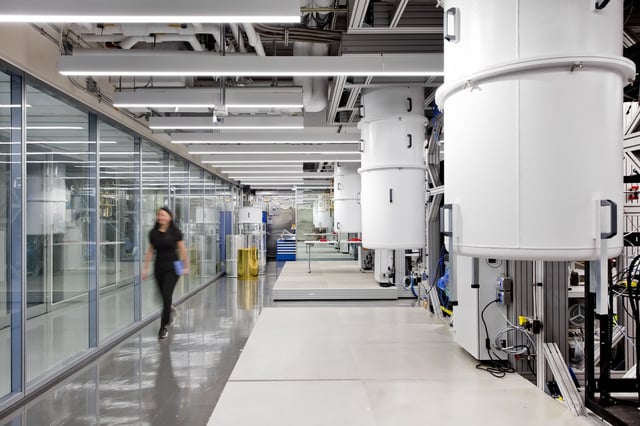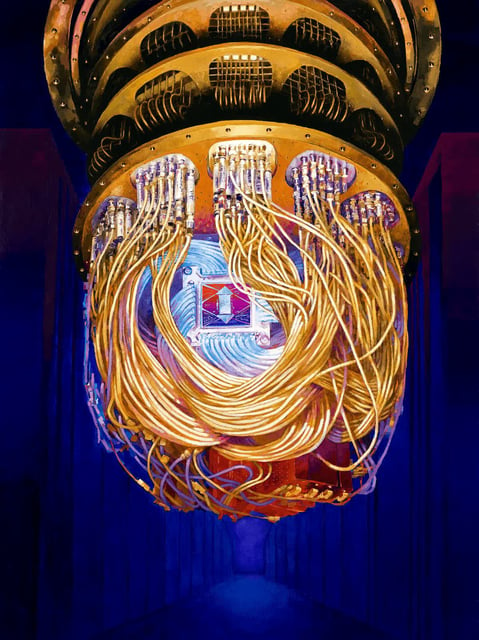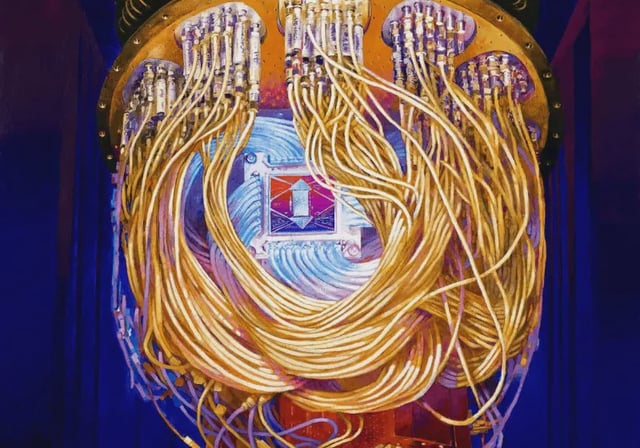Overview
- Research by Google Quantum AI’s Craig Gidney shows a quantum computer with fewer than one million noisy qubits could factor a 2,048-bit RSA key in under a week, down from a previous estimate of 20 million qubits.
- Key advances include more efficient approximate modular exponentiation, denser error-corrected qubit layouts using yoked surface codes, and improved magic state cultivation techniques.
- Elliptic curve cryptography, which underpins Bitcoin and other cryptocurrencies, faces equivalent quantum threats, spurring efforts like Solana’s hash-based signature vault and Vitalik Buterin’s proposal for a quantum-resistant Ethereum fork.
- IBM aims to build a 100,000-qubit quantum processor by 2033 in partnership with the University of Tokyo and University of Chicago, while Quantinuum targets a fully fault-tolerant system by 2029.
- Last year’s NIST post-quantum standards recommend phasing out vulnerable algorithms after 2030, and Google’s findings intensify calls for earlier adoption of quantum-safe security measures.



